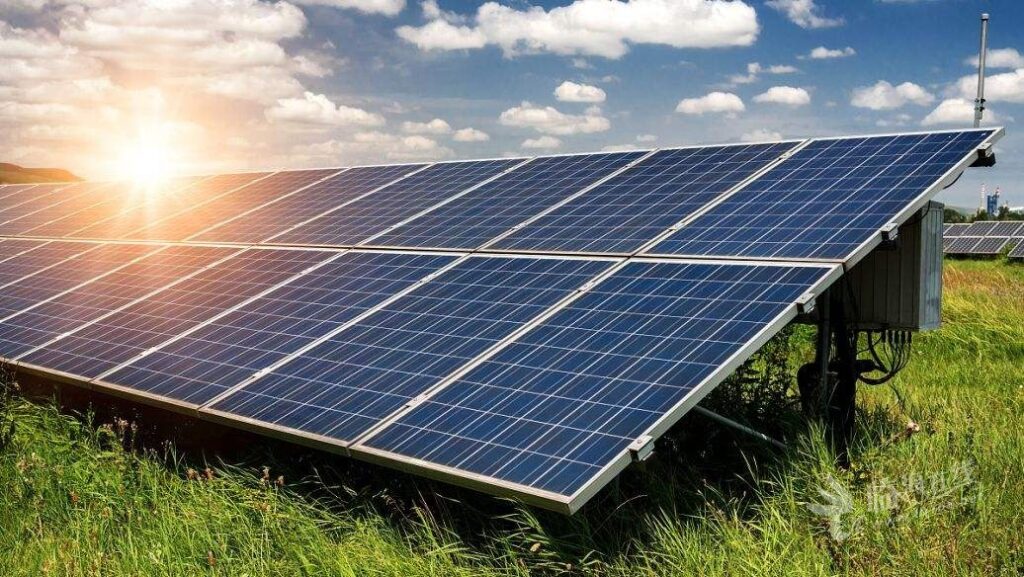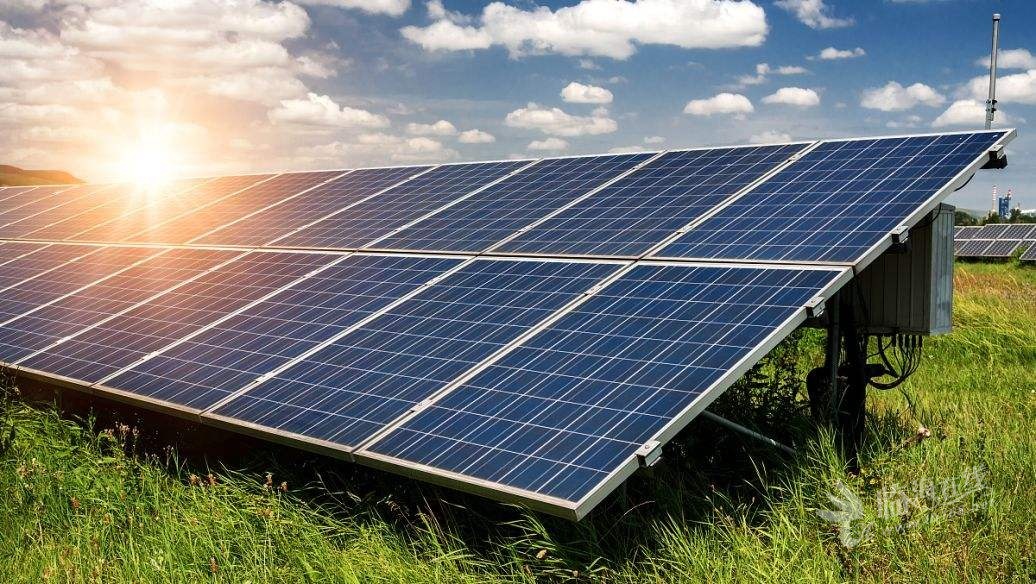The Sustainability of Solar Photovoltaic Power Generation and Industrial Manufacturing Processes
Introduction: In recent years, sustainability has emerged as a crucial aspect of our global development agenda. As the world strives to mitigate climate change and transition to clean energy sources, solar photovoltaic (PV) power generation has gained significant attention. This blog post explores the sustainability of solar PV power generation and its impact on industrial manufacturing processes. We will delve into the environmental benefits, economic advantages, and technological advancements that make solar PV a sustainable solution for our energy needs.
- Environmental Benefits: Solar PV power generation offers numerous environmental benefits that contribute to its sustainability. First and foremost, solar energy is clean and renewable, emitting zero greenhouse gases during power generation. By harnessing the power of the sun, solar PV systems help reduce our reliance on fossil fuels, leading to a decrease in carbon emissions and air pollution. Additionally, solar PV systems require minimal water for their operation, unlike traditional energy sources that consume vast amounts of water. The use of solar energy in industrial manufacturing processes can significantly reduce the carbon footprint of various industries, making them more sustainable in the long run.
- Economic Advantages: Solar PV power generation also provides significant economic advantages, further enhancing its sustainability. The decreasing cost of solar panels and advancements in technology have made solar energy increasingly affordable. This affordability, coupled with the long-term savings on electricity bills, makes solar PV an attractive investment for both individuals and businesses. In many regions, governments offer incentives and subsidies for installing solar PV systems, further promoting their adoption. Moreover, the deployment of solar PV systems can create job opportunities, fostering economic growth and enhancing local development.
- Technological Advancements: Rapid technological advancements in solar PV systems have further bolstered their sustainability. The efficiency of solar panels has significantly improved, allowing for greater energy generation per unit area. Innovations such as bifacial panels, which can capture sunlight from both sides, and solar tracking systems, optimizing panel orientation, have further increased energy yield. Moreover, advancements in energy storage technologies, such as batteries, enable the utilization of solar energy even when the sun is not shining. These developments enhance the reliability and flexibility of solar PV power generation, making it a viable and sustainable solution.
- Integration with Industrial Manufacturing Processes: Solar PV power generation can be seamlessly integrated into various industrial manufacturing processes, further enhancing sustainability. Industries with high energy demands, such as manufacturing plants and data centers, can install on-site solar PV systems to offset their electricity consumption. This reduces the reliance on grid electricity, which is often generated from non-renewable sources. By adopting solar PV, industries can reduce their carbon emissions, improve their environmental performance, and achieve cost savings in the long run. Furthermore, the excess energy generated by industrial solar PV systems can be fed back into the grid, contributing to the overall renewable energy mix.
Conclusion: Solar photovoltaic power generation offers a sustainable and environmentally friendly solution to our energy needs. Its numerous environmental benefits, economic advantages, and technological advancements make it an attractive option for both individuals and industries. By integrating solar PV into industrial manufacturing processes, we can reduce our carbon footprint, promote clean energy, and move towards a more sustainable future. As we continue to prioritize sustainability, the widespread adoption of solar PV power generation and its integration into industrial processes will play a vital role in achieving our global climate goals.



Comments are closed